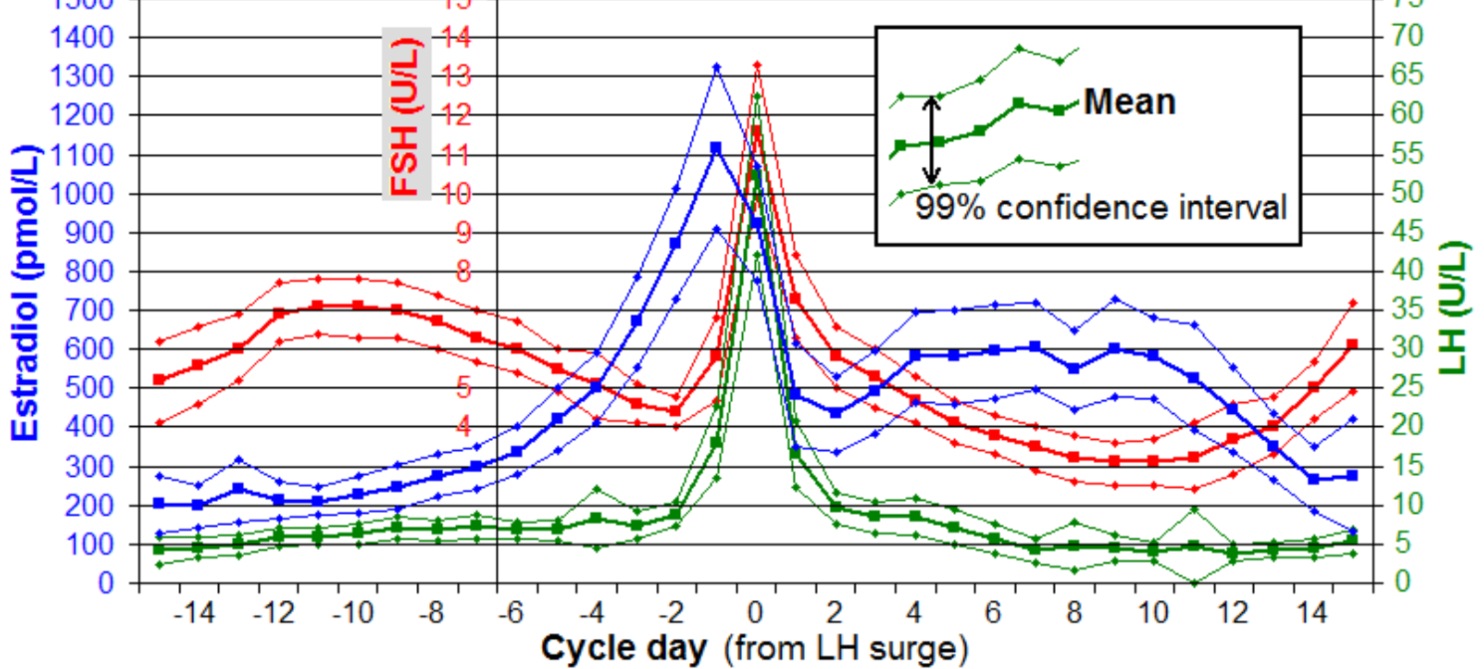Patients often have questions about what that they can take that is “natural” to help them with their health. The truth is that most of what we need for health can be gained by eating healthy diet. While there are many companies selling supplements to promote health, we need to remember that many of these “natural” products can cause many different effects in the body. Many of these things, such as common spices, are typically safe when eaten food, but can have profound effects on the body and how other medicine is metabolized in the body when taken in high doses. In other words, taking something “natural” can affect the way other medications work and even make them work differently than intended.[i]
What about Turmeric?
For example, turmeric or curcumin is thought to be a powerful anti-inflammatory medication.[ii] We know that it can decrease blood sugar levels and affect how the blood clots. It also interacts with a key pathway in the liver that is used by other medications, meaning that it can interact with of lot of other common prescription drugs.[iii] There are groups of patients who should probably avoid turmeric altogether. High doses of turmeric in capsule or pill form can cause significant problems in terms of drug interactions and potentially other effects on the body.[iv]
Who Needs a supplement or vitamin?
Some people, however, do need vitamin supplements. For example, we know that most people at this high latitude and at this time of the year we will have a low vitamin D levels. Vitamin D is very important for calcium  metabolism and bone health. Healthcare providers commonly have patients take supplemental vitamin D. This is important because we know that their bodies are lacking enough vitamin D. For these individuals, vitamin D can be safely given as a medication to improve their health. We also know that calcium supplementation is important for some people and there are recommended guidelines to support the dosing.
metabolism and bone health. Healthcare providers commonly have patients take supplemental vitamin D. This is important because we know that their bodies are lacking enough vitamin D. For these individuals, vitamin D can be safely given as a medication to improve their health. We also know that calcium supplementation is important for some people and there are recommended guidelines to support the dosing.
Supplements Can cause problems with other medications
Unfortunately, there is not a lot of information out there about taking high doses of different vitamins or supplements for good health. These supplements are often not well studied, nor do we know what a safe dose is. For some vitamins, the body will just excrete what is not needed. Others are not gotten rid of so easily and can cause profound changes in the way that the body works and interacts with other medications.
Best Plan: Talk with your health care provider to see if it is safe for you
The best idea, before taking any supplements, including those that you have heard are “natural” or “safe,” is to sit down with your primary care provider or other qualified clinician and look at the proposed remedy to see if it safe for you given your other conditions and other medications.
For more information, see this pamphlet by the National Institutes of Health
Age Page: Dietary Supplements
[i] Sasaki, Takamitsu, Yu Sato, Takeshi Kumagai, Kouichi Yoshinari, and Kiyoshi Nagata. “Effect of Health Foods on Cytochrome P450-Mediated Drug Metabolism.” Journal of Pharmaceutical Health Care and Sciences 3, no. 1 (May 10, 2017). https://doi.org/10.1186/s40780-017-0083-x.
[ii] “Turmeric: Health Benefits, Uses, Side Effects, Dosage & Interactions.” RxList. RxList, September 17, 2019. https://www.rxlist.com/turmeric/supplements.htm.
[iii] Rosengren, Rhonda J, and Shuli Chen. “Modulation of Hepatic Drug Metabolizing Enzymes by the Natural Polyphenol Curcumin.” Internal medicine review, November 2017. http://dx.doi.org/10.18103/imr.v3i11.631.
[iv] Cox, Lauren. “What Is Turmeric?” LiveScience. Future US, November 16, 2017. https://www.livescience.com/41760-turmeric-supplement-facts.html.
Posted January 11, 2021
























